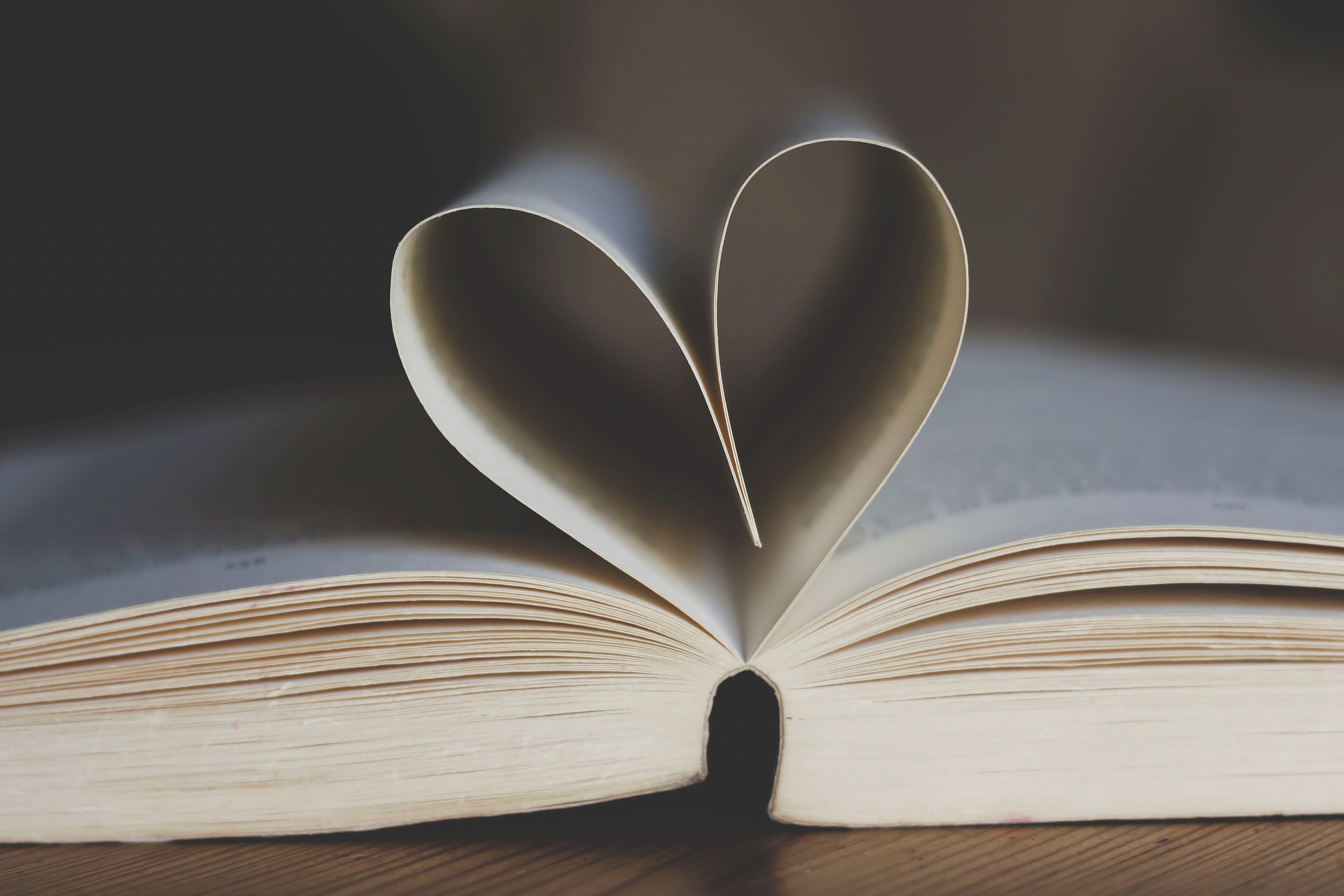I often hear people say they do not like poetry, or that they prefer to read fiction. Some even claim they do not understand poetry at all. They find it boring, hard to appreciate, and meaningless. However, there are multiple advantages to reading poetry, so keep scrolling to find out how verses can benefit you.
Poetry Enriches Your Vocabulary
Reading poetry is one of the best ways to improve your vocabulary, especially if you are a foreign language student. You are likely to encounter many new words. Also, some words have multiple meanings, and poetry may help you learn them.
Poetry Benefits Children
Reading and listening to poetry is especially beneficial to children by helping them develop imagination, cognitive ability, and creative expression. You can also use poetry to teach young children different facts and even skills because the rhythmic expression makes them memorize faster and easier.
Needless to say, poetry helps teach writing as well. Understanding written communication, developing associative thinking, and listening comprehension, are only a few of the additional benefits children can gain by reading and listening to poetry.
Poetry Has Strong Therapeutic Powers

In recent years, bibliotherapy has gained a lot of momentum. Poetry therapy is part of it and is used to treat conditions such as depression and anxiety. It is a great way to stimulate emotional expression because it is usually concise and loaded with feelings.
Poetry’s therapeutic powers can be harnessed in two ways: by means of writing and by reading. Whichever the case might be, poetry is a powerful tool to help you unburden any negative emotions and dive into profound soul searching. It will also motivate you to become a more empathetic human being. The reason is most poetry works express complex emotions that require you to be extra sensitive to grasp and address them.
What Is Bibliotherapy?
Bibliotherapy has been around for a long time already. It has existed in different forms including book therapy, poetry therapy, therapeutic storytelling, and more. The idea is to use the patient’s connection to written works as therapy. It often combines with writing therapy, and clinical research has demonstrated it has a long-lasting, positive effect on the treatment of depression.
As we already mentioned, bibliotherapy is not new. It has been a part of library science for quite a while. Some of the earliest records date back to the Greek historian Diodorus Siculus, who states that King Ramses II of Egypt had an inscription above the royal chamber containing his books that said, “The House of Healing for the Soul.”
Many other sources point to reading and writing being used for therapy across Ancient Greece, Ancient Rome, and other early civilizations. Even the Koran prescribed reading as a form of treatment.
As modern medicine progressed, the notion to use books in healing the body and soul became even more common. By 1900, libraries had turned into essential parts of the psychiatric institutions across Europe.
The term “bibliotherapy” first appeared in the Atlantic Monthly in a 1916 article authored by Samuel McChord Crothers. The term was quickly adopted in medicine, and bibliotherapy subsequently made its way into military hospitals during World War I. After the war ended, the United States spearheaded scientific research into its benefits. The United Kingdom followed the example, and nowadays bibliotherapy is widely used as a form of treatment.
Poetry Advances Your Imagination
Poetry is a great way to stretch your imagination and adopt new ways of thinking. It uses different literary approaches and urges you to think outside the box. Making sense of all the allegories, metaphors, and other tools poets employ will benefit your inventiveness and creativity.
Poetry Does Not Take a Lot of Time
Picking a poem is a great choice for the moments when you do not have much time for reading at your hands. Poems are typically quick reads that leave a lasting effect on your soul. Taking a few minutes to read a poem will not steal time away from your other priorities but can brighten your day and improve your overall disposition.
Did You Know: World Poetry Day
Did you know that there is actually a date dedicated to celebrating the love of poetry? The World Poetry Day takes place each year since 1999 on March 21. It was established by UNESCO (the United Nations Educational, Scientific and Cultural Organization) “with the aim of supporting linguistic diversity through poetic expression and increasing the opportunity for endangered languages to be heard.”
Thus, the World Poetry Day is used to promote poetry across the world. Although the official date is March 21, some countries celebrate it at different times. For instance, the United Kingdom marks the holiday on the first Thursday in October.
What Are Some Good Poems to Start with?
If you are already looking for ways to start reading poetry, you can consider some of the titles from the selection below:
- Emily Dickinson, “It’s All I Have to Bring Today”
- Henry David Thoreau, “My Life Has Been the Poem I Would Have Writ”
- Maya Angelou, “Awakening in New York”
- Sylvia Plath, “Metaphors”
- Robert Frost, “The Rose Family”
- Natasha Tretheway, “Housekeeping”
